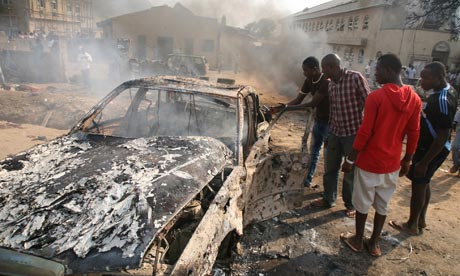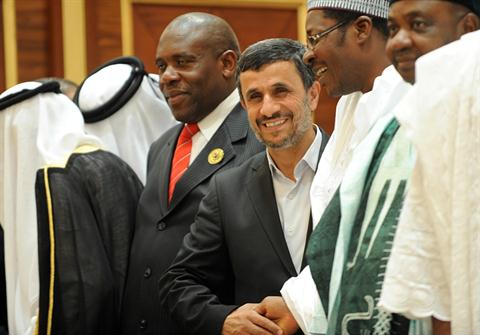CAIRO: It s always a challenge for a writer to release a sophomore book after a successful debut. It s even more challenging when the debut achieves unprecedented success.
Labeled as the best selling Arabic novel in recent years – so popular that it was turned into a big-budget film that grossed millions at the box office – Emaret Yacoubian (The Yacoubian Building) wasn t easy to beat.
But for author Alaa El Aswani, writing an even more intriguing and more commercially popular novel wasn t the goal, he told an audience at a lecture organized by The American University in Cairo earlier this month.
It just happened to be that Chicago, his latest offering, is selling even more than its predecessor – 25,000 copies in one five-week period. His second novel after Yacoubian – Al Aswani released a collection of short stories under the title of Neiran Sadika (Friendly Fire) in 2004 – Chicago follows in the footsteps of its predecessor in some aspects and strays from it in others.
Like Yacoubian, Chicago features a number of entangled lives connected by a common setting. The story flows in the same gripping style that makes it difficult to put the book aside. It has a stirring serving of politics, drama and sex.
And once again, Al Aswani highlights the grim reality that follows Egyptians, regardless of class, wherever they go. Consequently, he is facing criticism that he only focuses on the negative facets of society, a charge he vehemently rejects.
If I present models [representing the society] then it would be a social study not literature, said Al Aswani.
I choose characters, he added. He said the black-and-white perspective of the society in which a person is either good or evil is an invention of the cinema. The same goes for happy endings, which he believes are a cinematic stereotype.
The challenge, in his opinion, is to reveal the good side of an evil character and vice versa.
Like Yacoubian, all the characters started in files Al Aswani created on his computer. For years, he would structure each character on its own merits. He would create its background, its attitude towards life and even think of the minutiae – the type of cigarette he smokes, the style of clothes she wears, and so on.
After this, the greatest moment is when you lose control over the character, Al Aswani said with a sparkle in his eyes.
If you ask me why [this character] committed suicide, I would say I don t know, I was surprised that he killed himself , he explained.
Yet, in spite of the similarities that Chicago shares with Yacoubian, there are clear differences. While the first was about the development of characters within certain circumstances – the protagonist turns to terrorism and the aristocrat learns to adapt with changing times – Chicago is about self discovery and the decisions characters take without significant evolvement or change.
For the most part, Chicago s events could have taken place over one night.
Set in Chicago, the same city in which Al Aswani has studied dentistry, the novel follows a group of Egyptian scholarship students. The novel also goes beyond this to explore sides of American lifestyles and follows a number of Egyptian expatriates living there.
The story carries traces of an autobiography, especially with a character written in first person, and reads as a personal diary of this character.
But what distinguishes it the most is the political tone.
It seems that Al Aswani, who didn t get an invitation to the premier of the Yacoubian film due to security concerns vocalized by attending government officials, is adopting a bolder tone in politics.
There are no references or remote analogies in Chicago, just straight forward examples, but without naming any names.
However, he is convinced that literature doesn t change the political situation.
Literature changes individuals . It makes them more open-minded, more forgiving and not judgmental.

